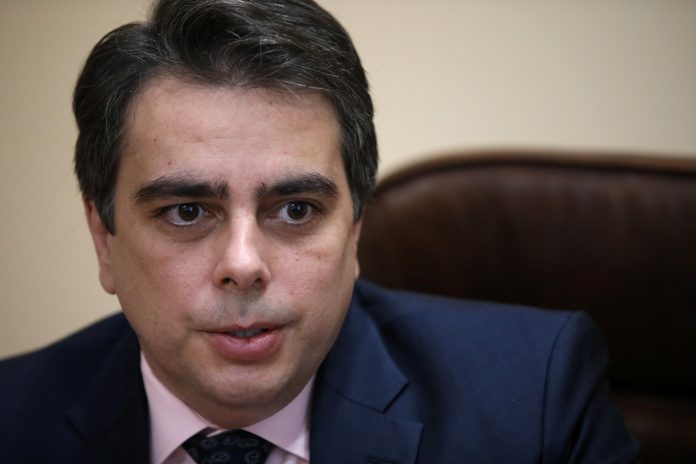Bulgaria has a real chance of joining the eurozone in 2025 as it will be able to fulfil all the conditions for membership, Finance Minister Assen Vassilev said after an informal meeting of economy and finance ministers in Ghent last week.
Vassilev said, following a meeting with Christine Lagarde from the European Central Bank, Eurogroup President Pascal Donahue, Economy Commissioner Paolo Gentiloni, and Trade Commissioner Valdis Dombrovskis on Friday:
We are following the plan for the euro. All forecasts – both of the European Commission and the ECB show that the last criterion that we have not fulfilled – the inflation criterion – will be fulfilled in 2024, which opens membership in 2025.
Vassiliev emphasised that joining the eurozone requires a stable political environment and a regular government, which means that a cabinet rotation between the ruling formations – We Continue Change – Democratic Bulgaria (PP-DB) and GERB – should take place in March. Prime Minister Nikolai Denkov of the PP-DB will cede the post to the current Interior Minister Maria Gabriel (GERB). Vassilev commented:
The entire legislative program has already been adopted, that is, we have no legislative obstacles from now on. All that remains is the law on the adoption of the euro, which is currently in consultation with the European Commission and the European Central Bank.
The finance minister said Bulgaria’s budget deficit last year was 2.2 per cent, which is within acceptable limits. He noted:
This year we are again in the criteria, in order to be able to continue the financial policy and the intensive work on the introduction of the euro, political stability is necessary.
Responding to a question, the finance minister said that the ECB and EC forecast average annual inflation this year will be around 3 per cent. A month ago, Denkov hinted that Bulgaria might join the eurozone not on 1 January 2025, but on 1 July of the same year. The reason is that the ECB may give the country a few more months to bring inflation under control.
